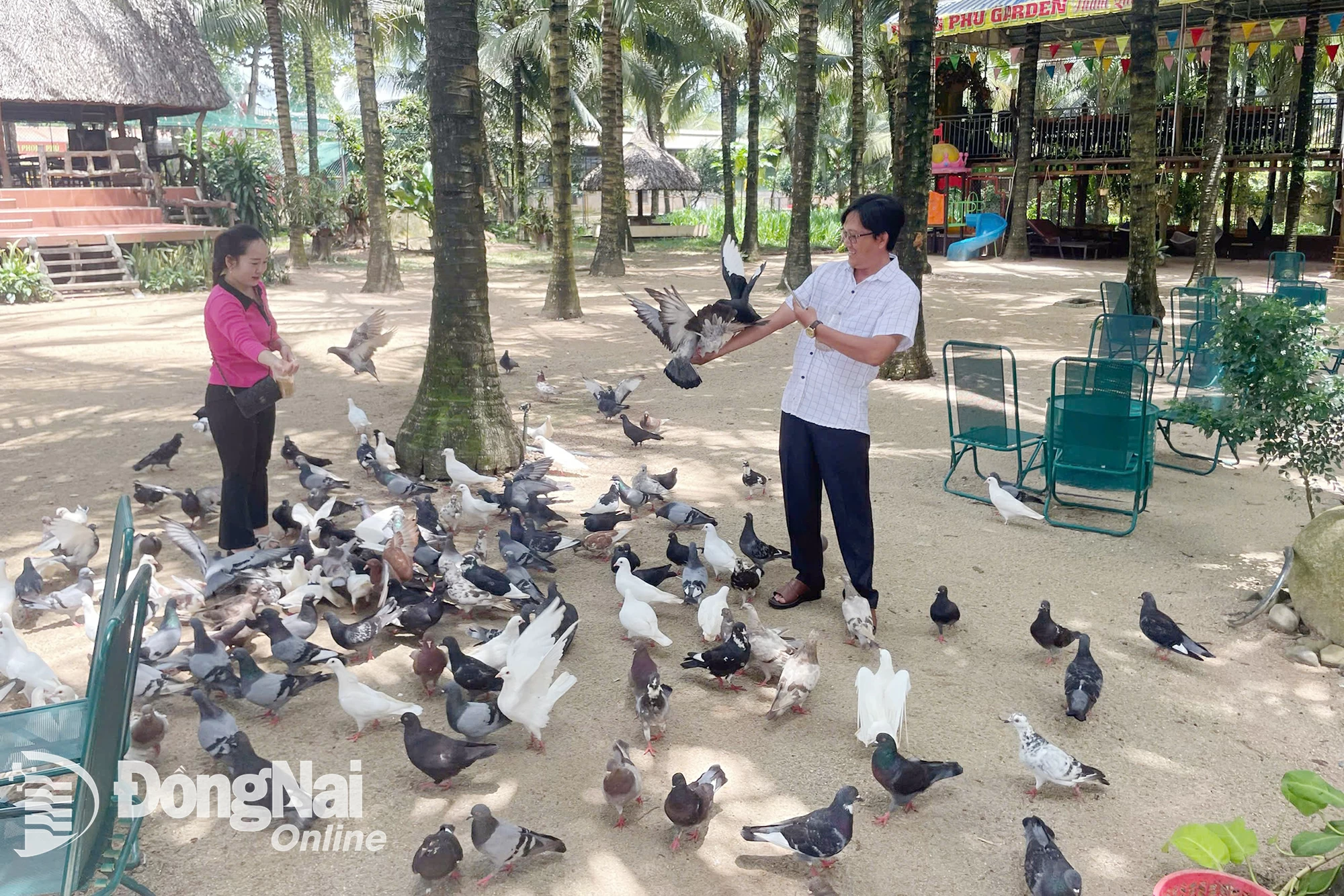 |
| Tourists enjoy strolling under the cool shade of trees and watching flocks of pigeons flying around the Phong Phu Garden farm (Phu Lam commune). Photo: Le Duy |
Awakening the dream of precious birds
Before becoming interested in ornamental birds, Mr. Nguyen Thanh Phong spent many years in traditional poultry farming. The turning point came when he witnessed a peacock spreading its tail.
“The first time I saw it walking around with its tail spread out, I was mesmerized. It felt like I was touching a part of my memory that I had never named before,” Mr. Phong shared.
From then on, he decided to switch to raising peacocks and pheasants - beautiful ornamental animals but quite picky about the owner because they are difficult to raise. On the land of more than 1 hectare that used to raise poultry, Mr. Phong developed a model combining raising - breeding - eco -tourism (called 3 in 1). Currently, the garden has more than 1,000 pigeons, dozens of peacocks of all kinds from the common green peacock to the rare white peacock...
Unlike many people who raise animals for commercial sale, he focuses on breeding and technology transfer.
“I share breeds and experiences, hoping that more people will raise birds properly. Not for beauty, but for understanding,” Mr. Phong confided.
Raising ornamental birds, especially rare birds such as peacocks and pheasants, requires high technique and meticulousness. From the time of incubation, raising young birds until adulthood, the environment must be clean, windproof, and quiet. Peacocks over a year old are healthy and stable. "Beautiful birds but difficult to please" - Mr. Phong smiled, while checking the incubator and observing the peacock chicks.
The breeding season of peacocks usually lasts from December of this year to June of the following year. This is the season when peacocks are at their most beautiful, because male peacocks will often spread their tails to attract mates.
In addition to peacocks, the garden also has a flock of pheasants that are well cared for. He raises red pheasants, green pheasants and emperor pheasants. Each species has different habits, requires its own food and environment.
"Emperor pheasants are beautiful but shy and easily panicked. They must be kept in a separate, quiet cage to avoid stress," Mr. Phong explained.
Not only raising birds, Mr. Phong also expanded to other pet breeds such as sheep, grouse, ostriches, Dutch geese, creating an open space for visitors. The area behind the farm was designed by him as a small steppe, with free-range sheep, shady trees and low fences for children to easily access.
Among them, ostriches are the “hardest” thing for him to raise. “They are big, run fast, and easily knock over fences. I had to build a sturdy cage, but it took me three times to fix it. But in return, visitors here love ostriches, especially the children,” said Mr. Phong.
As one of the people who regularly visit Mr. Phong's ecological model, Mr. Tran Thanh Binh (residing in Thanh Tho hamlet, Phu Lam commune) said: "I know this place through a friend's introduction. I love it right away after coming here once. The space is airy, with many strange birds that I only see on TV. Every weekend when I have free time, I take my children here, they love it."
“I want to focus on pheasants and peacocks, diligently hatching and breeding them. Do little but do it well. I preserve the precious breeds, then pass on my experience to others. Not to sell anything big, but to have more people love birds, understand birds, and appreciate nature more,” Mr. Nguyen Thanh Phong shared.
The person who "sows the seeds" for the dream of living in nature
When asked about the success of this model, Mr. Phong just smiled and shook his head: "I don't call it success. I just live the way I want to live."
Mr. Phong can stand still for tens of minutes just to watch a white peacock spreading its tail or quietly watch a flock of pheasants chirping behind the trees. In the way he talks about animals, there is something like a “teacher” and also a “student” of nature.
“A peacock’s beauty doesn’t mean it will live a healthy life. You have to pay attention to the climate, wind, food and noise. It is very sensitive. Raising birds teaches you to observe, be patient and humble,” Mr. Phong shared.
Behind his calm exterior, Mr. Phong is an experienced man who dared to start over, even though he is at an age when others are afraid of change. He used to raise traditional animals and encountered many difficulties. But he did not choose to retire but chose to start over, with the only thing that never gets old in him: his passion for birds.
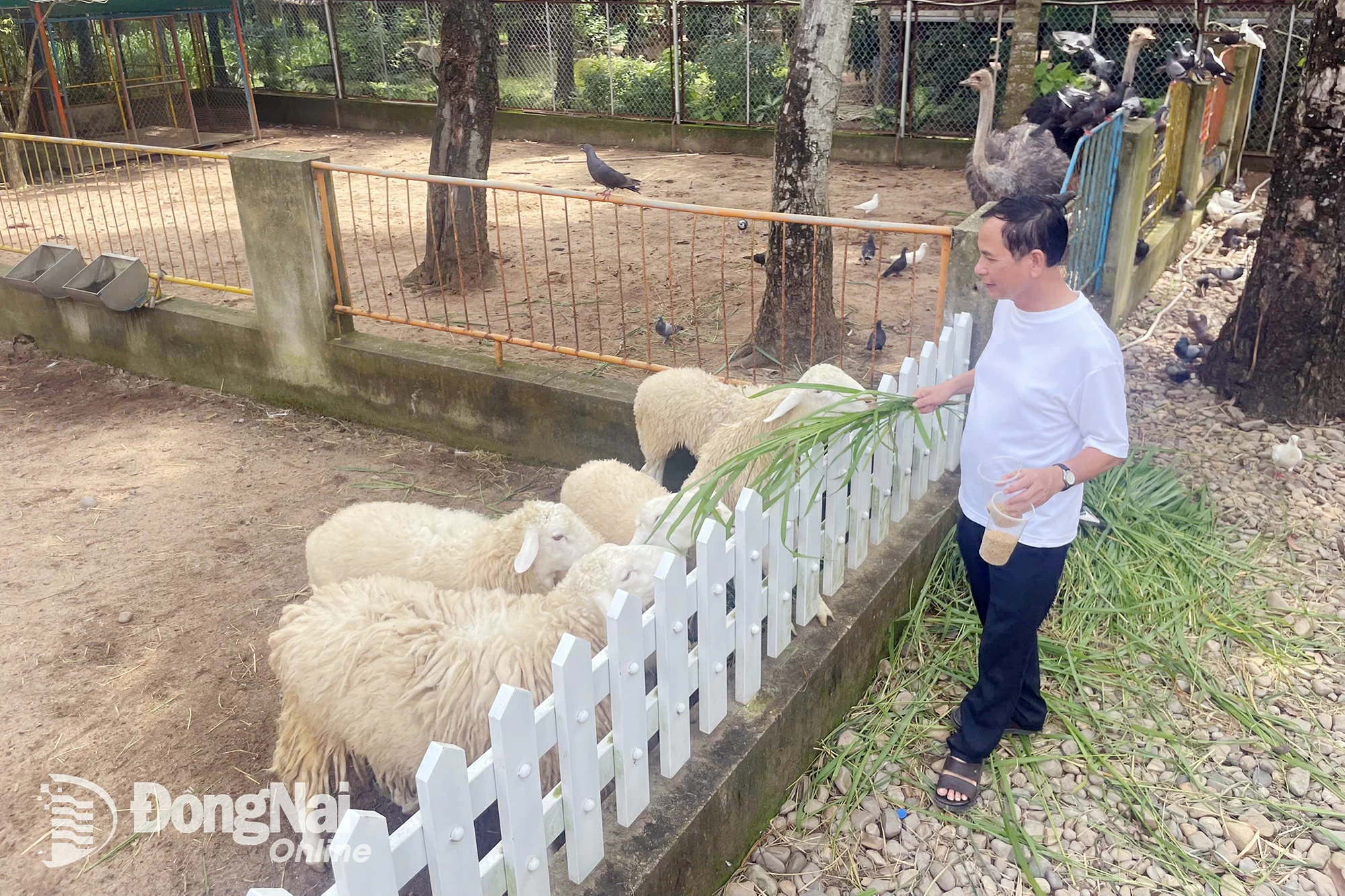 |
| Mr. Nguyen Thanh Phong feeds his sheep in the grazing area, which is designed to be close to nature. |
His dedication has also inspired many others. Many students, farmers and people from other communes have come to learn how he takes care of birds, incubates eggs, distinguishes between breeds and hybrids, and creates a harmonious living space between humans and animals.
“Once, a group of students came to visit, I asked them if they knew what season peacocks lay eggs? Most of them did not know that peacocks lay eggs in early spring and early summer. Then I showed them the color of their feathers, observed their gait, and guessed their health status. They were very surprised. From then on, I thought that perhaps nature is a class that everyone should take once in their life,” Mr. Phong said.
Mr. Phong does not have a degree in biology, but decades of experience and persistent observation have helped him memorize the life rhythms of each bird species in the garden. He uses modern incubation equipment but does not neglect natural factors. Each time he moves a baby peacock to a different environment, he monitors it carefully, ensuring the cage is airtight, has enough light and space so that the bird does not suffer environmental shock.
What he wants to preserve, more than the rare bird, is the way people treat nature. “Rare birds are one thing. What is more precious is when people sit down, patiently listen to the bird call, understand what the bird wants and needs. That is when we are slowing down, relearning the lesson of being human from nature,” Mr. Phong confided.
As the sun set, Mr. Phong was still busy adjusting the door of the bird cage. The sound of pigeons filled the sky, the sound of peacocks calling from afar… all created a harmony in the place he considered home.
Mr. Phong confided: “Every time I see a baby bird hatch, I feel young again. Perhaps, people do not grow old because of time, but only when they stop loving something.”
Mr. Phong not only raises birds, but also hopes that in Phu Lam commune, there will be more people who believe that nature can "heal" and that people can slow down and live with pure passion.
Le Duy
Source: https://baodongnai.com.vn/dong-nai-cuoi-tuan/202507/giac-mo-tao-dung-nong-trai-sinh-thai-8ce20c8/


![[Photo] Panorama of the cable-stayed bridge, the final bottleneck of the Ben Luc-Long Thanh expressway](https://vphoto.vietnam.vn/thumb/1200x675/vietnam/resource/IMAGE/2025/9/30/391fdf21025541d6b2f092e49a17243f)
![[Photo] General Secretary To Lam, Secretary of the Central Military Commission attends the 12th Party Congress of the Army](https://vphoto.vietnam.vn/thumb/1200x675/vietnam/resource/IMAGE/2025/9/30/9b63aaa37ddb472ead84e3870a8ae825)
![[Photo] President Luong Cuong receives President of the Cuban National Assembly Esteban Lazo Hernandez](https://vphoto.vietnam.vn/thumb/1200x675/vietnam/resource/IMAGE/2025/9/30/4d38932911c24f6ea1936252bd5427fa)

![[Photo] Solemn opening of the 12th Military Party Congress for the 2025-2030 term](https://vphoto.vietnam.vn/thumb/1200x675/vietnam/resource/IMAGE/2025/9/30/2cd383b3130d41a1a4b5ace0d5eb989d)
![[Photo] The 1st Congress of Phu Tho Provincial Party Committee, term 2025-2030](https://vphoto.vietnam.vn/thumb/1200x675/vietnam/resource/IMAGE/2025/9/30/1507da06216649bba8a1ce6251816820)

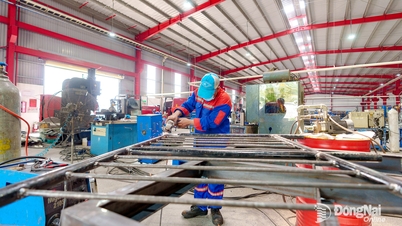







![[Infographic] Key tasks in the 2025-2030 term of Dong Nai province](https://vphoto.vietnam.vn/thumb/402x226/vietnam/resource/IMAGE/2025/9/30/59bd43f4437a483099313af036fef0db)




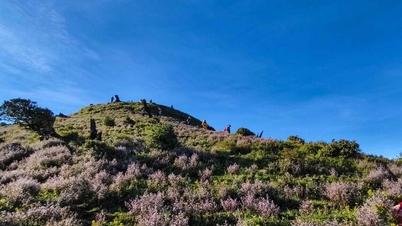






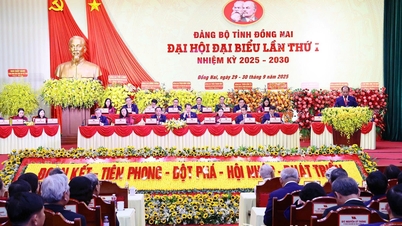
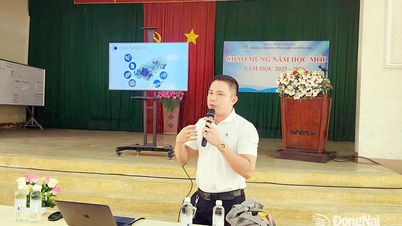


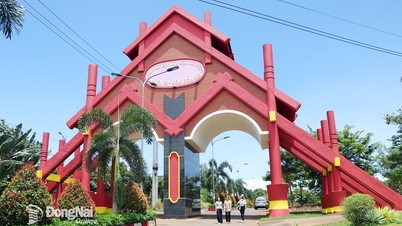
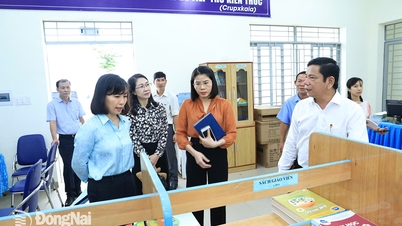














































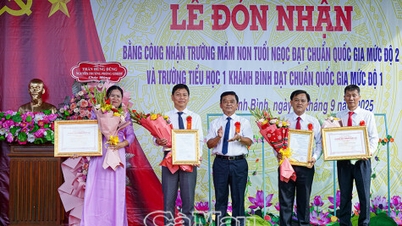





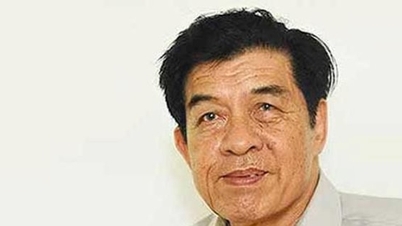

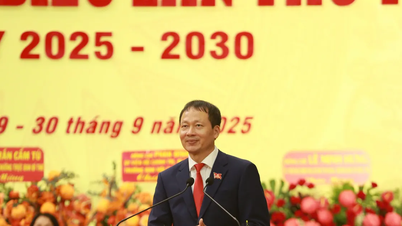
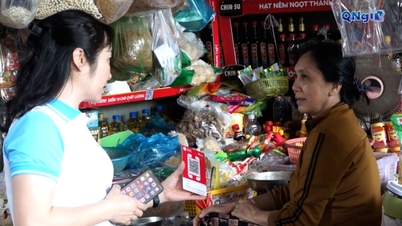











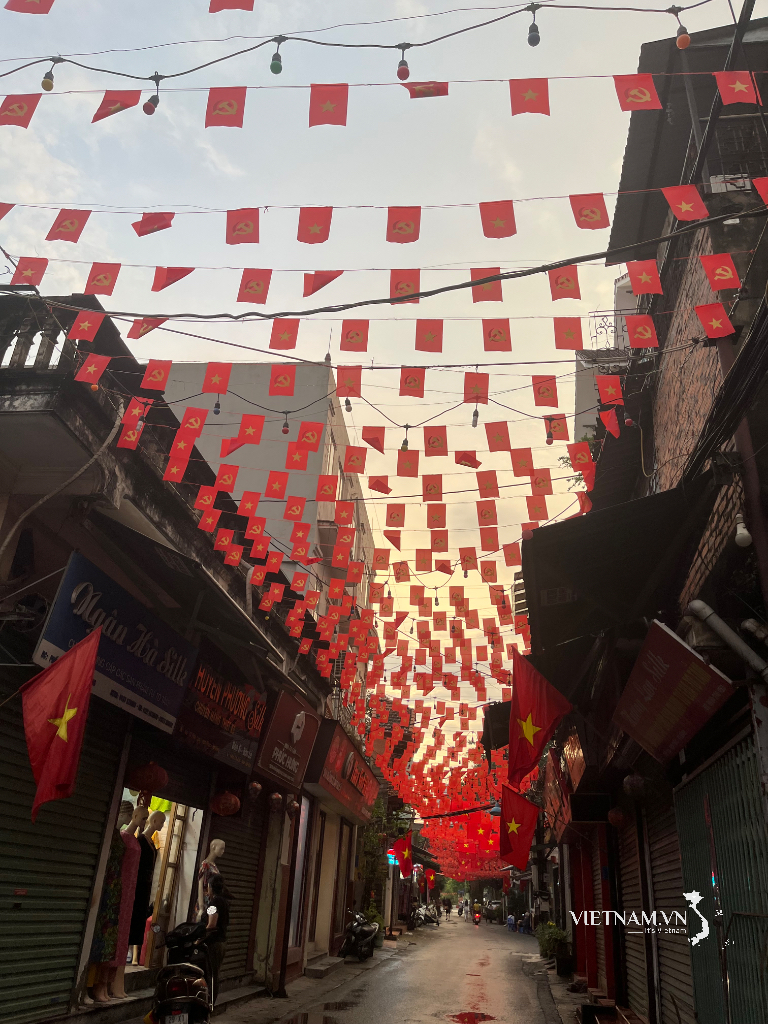

Comment (0)